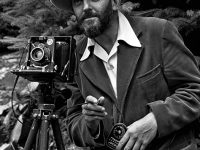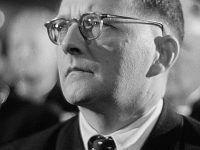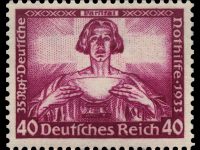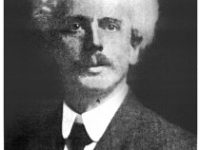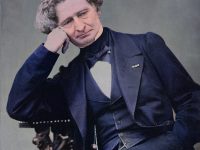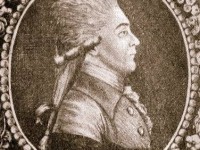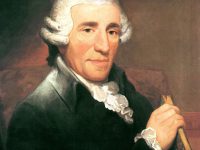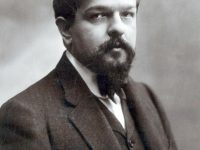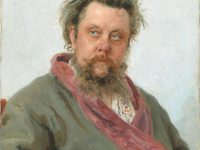Ansel Adams and the Beauty of Black and White Photography
On February 20, 1902, American photographer and environmentalist Ansel Easton Adams was born. He is best known for his black-and-white landscape photographs of the American West, especially Yosemite National Park. Together with Fred Archer, Adams developed the Zone System as a way to determine proper exposure and adjust the contrast of the final print. “A great photograph is a full expression of what one feels about what is being photographed in the…
Read more

